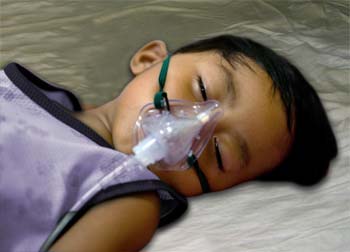
Complication of Dengue generally begin between 3-4 days of untreated fever. They include:
- Dehydration: This is among the commonest complications of Dengue because of plasma leakages occurring within the blood vessels. As there is lesser fluid left to circulate throughout the body, the patient goes into a state of dehydration.
- Hemorrhage: If platelet levels fall rapidly, the patient can start bleeding easily from various sites, the commonest being under the skin. This gives rise to multiple red spots that can join together to form bigger patches of blood. There is easy bruising and delayed clotting of blood. The patient can begin bleeding even from the digestive tract and nose.
- Liver damage: The Dengue virus can have a direct adverse effect on the liver leading to its partial damage or complete failure.
- Neurological damage: Complications of Dengue include involvement of the brain leading to fits or seizures and encephalitis.
- Dengue Shock Syndrome: This occurs when a dengue-infected person, usually a child below 10 years of age, goes into collapse with manifestations of weak pulse, cold, clammy limbs and bluish hue around the mouth (due to lack of oxygen in the blood). There is easy bleeding from various sites in the body including blood in the stool, spitting and vomiting of blood and nosebleed.















